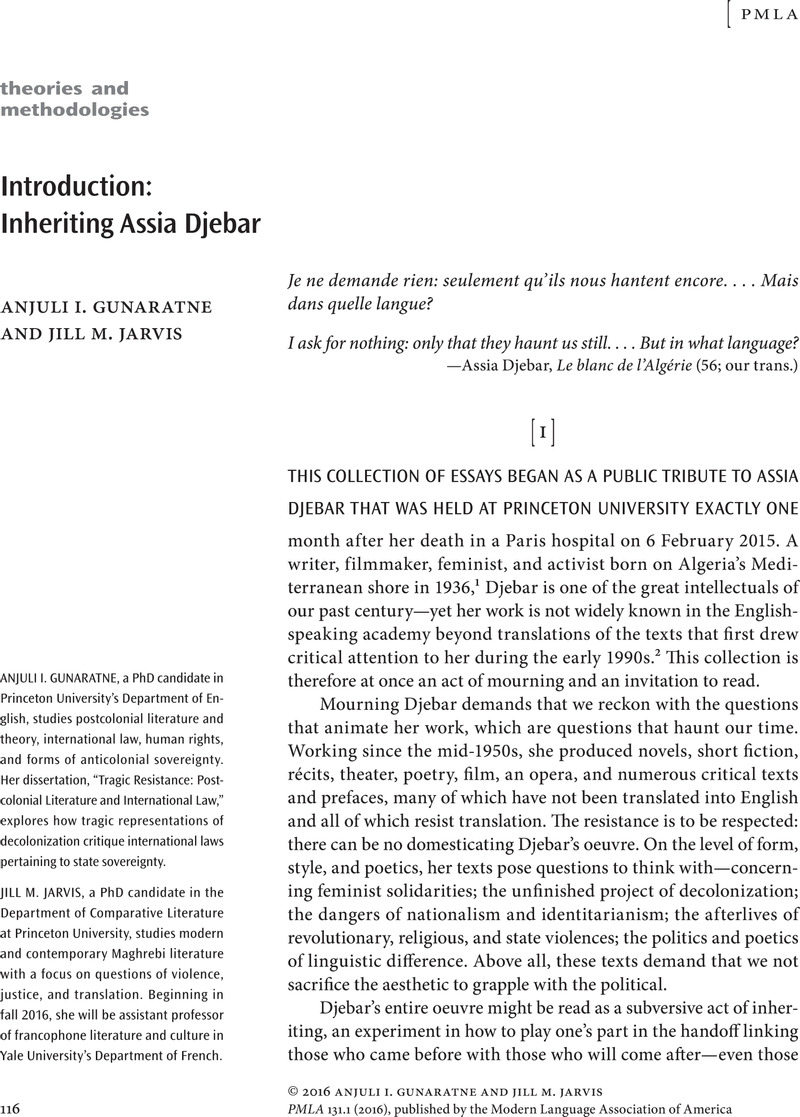Crossref Citations
This article has been cited by the following publications. This list is generated based on data provided by Crossref.
Aboul‐Ela, Hosam M.
2019.
A Companion to World Literature.
p.
1.


